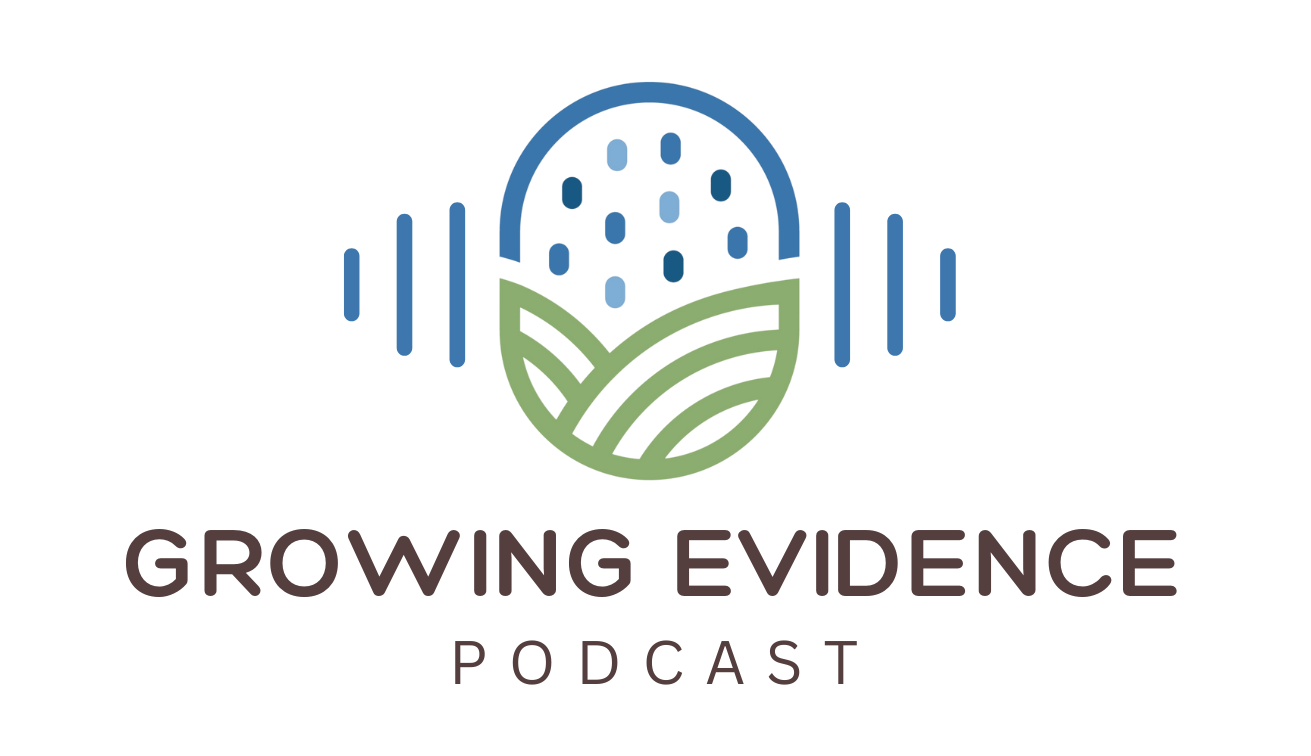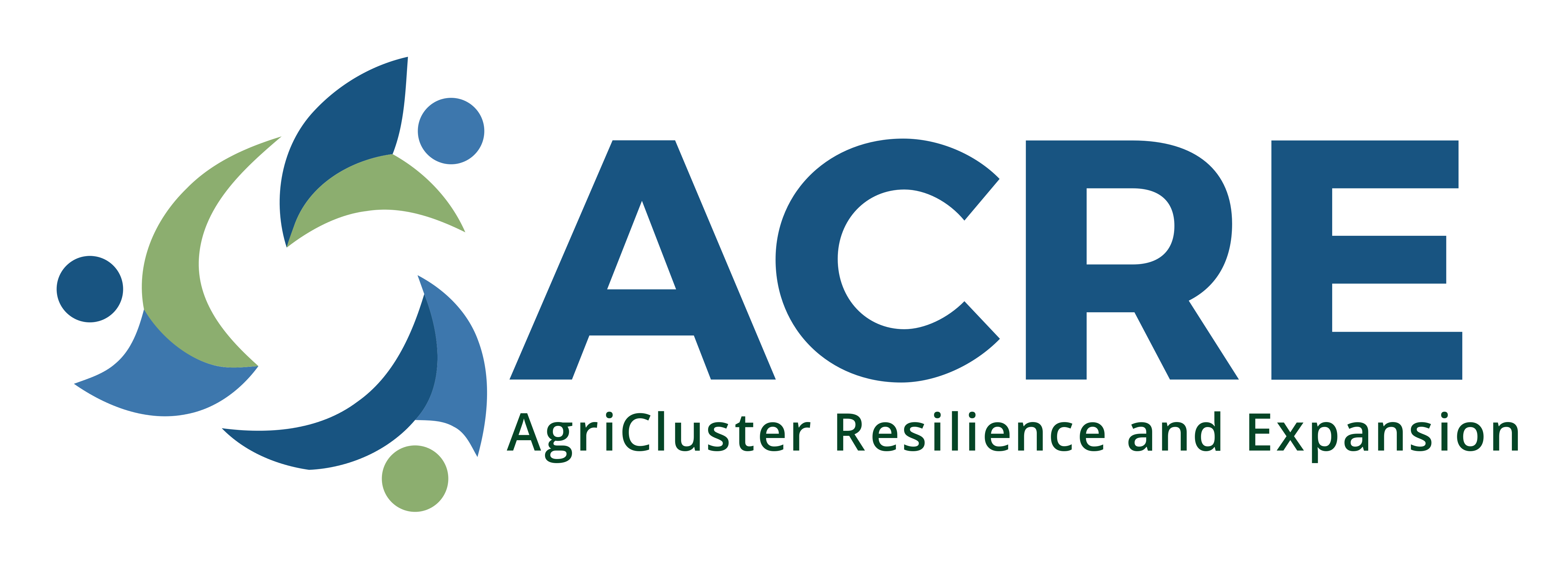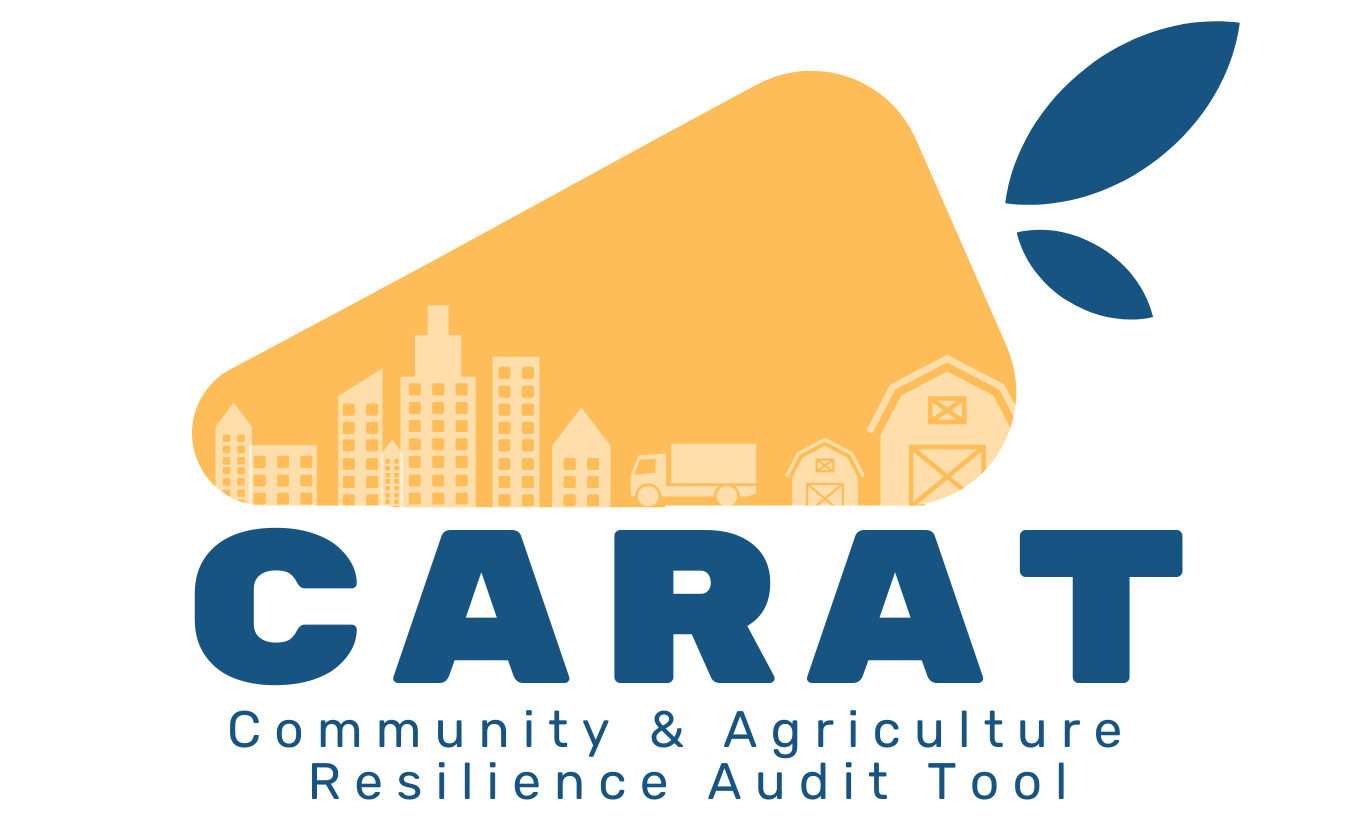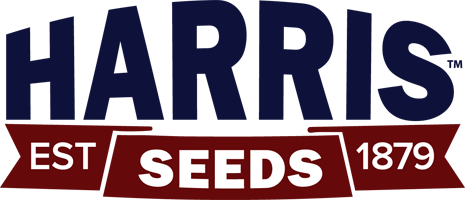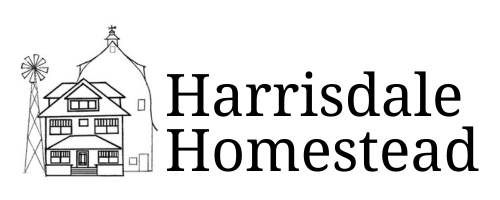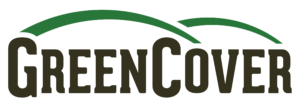The North American Food Systems Network (NAFSN) works at the forefront of the food systems profession itself, providing networking opportunities, resources, career guidance, leadership opportunities, training, webinars, podcasts, and a curated jobs board for people at all levels of this critical-change work.
NAFSN convenes subject matter experts to develop training and open-access tools specifically for community food systems professionals. Our work is grounded in peer-reviewed research published by our sister program, the Journal of Agriculture, Food Systems, and Community Development (JAFSCD).
If you value a diverse and informed workforce at the helm of community food systems development, join today.
Professional Development support
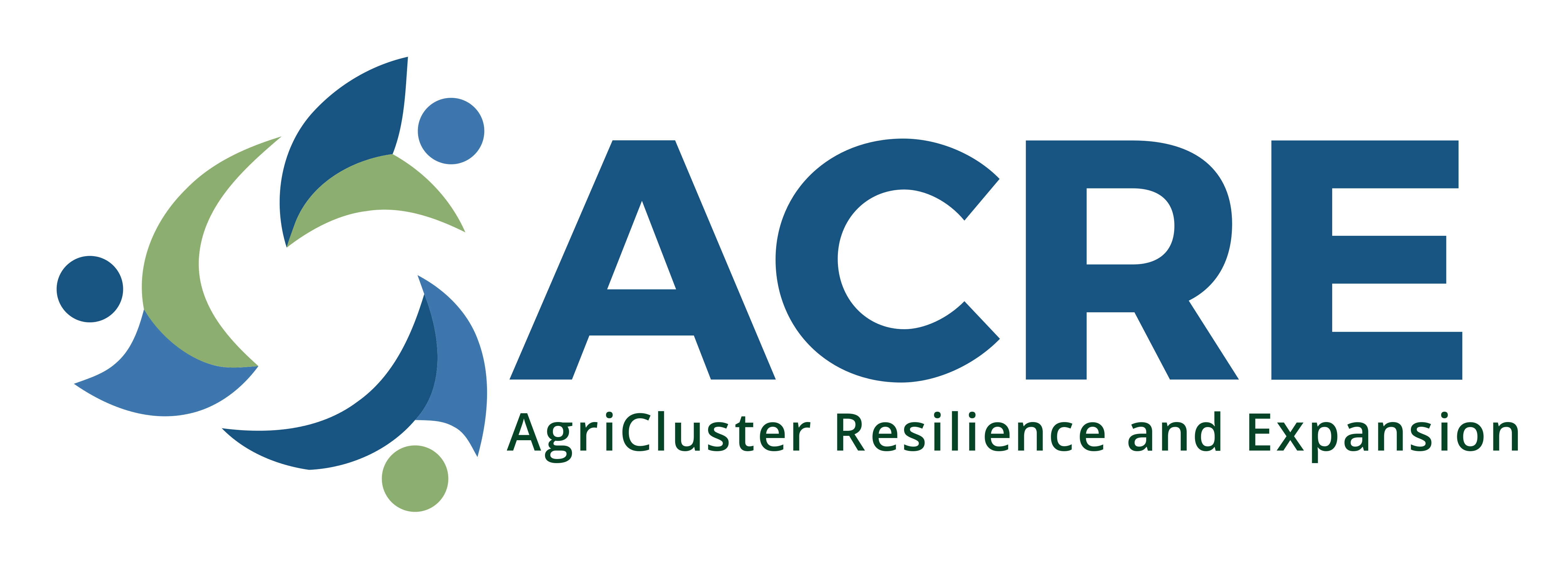 ACRE Facilitator Training is free
ACRE Facilitator Training is free 

Featured Educational Opportunities
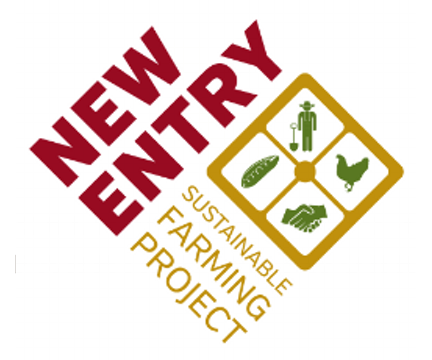

Upcoming Events:
CARAT Information Session for New Jersey
In this virtual event, NAFSN will host a CARAT Information session for New ...
NAFSN Leadership Circle Meeting
NAFSN's Leadership Circle Meeting is held virtually on the first Wednesday of ea...
ACRE Information Session
Are you interested in becoming a trained food systems facilitator? Or, are yo...
News:
Spring Newsletter 2024
Read the NAFSN NEWS / Spring 2024, distributed on Earth Day, April 22, 2024.
Our CARAT Pilot 2024 Cohorts
NAFSN is honored to work alongside these 12 lead organizations as they pilot the...
CARAT Pilot 2024, Application Released
It is our pleasure to release this outline of the CARAT Pilot 202...
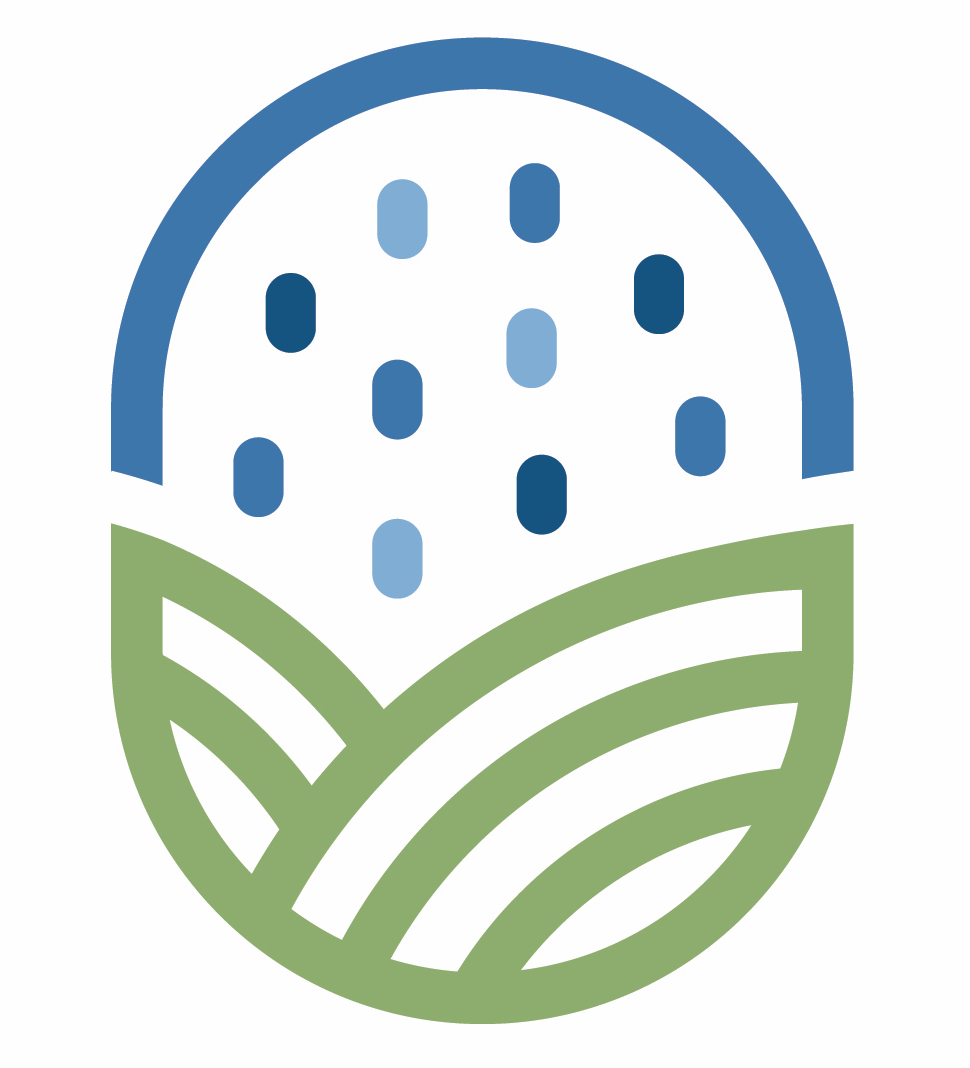
The NAFSN logo is a modern and graphic depiction of a microphone and rain falling on farm land. Its resemblance to a microphone represents networking, inclusion, and an amplification of diverse voices. The idea of rain represents growth, provision, and replenishment, symbols that work across community food systems and professional development. Its circular shape evokes feelings of community and unity. The mark uses geometric shapes representing mutuality, circularity, and relational activities fostered within place-based food & agricultural economies.
Meet the designer.
SISTER PROJECTS
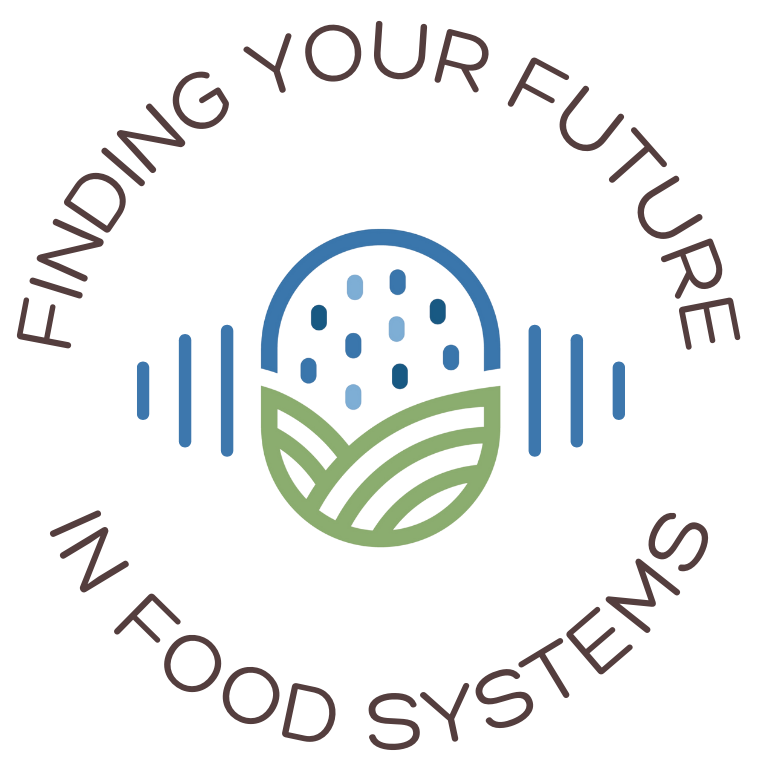
Are you an emerging food systems professional?
Are you in career transition, seeking a job in community food systems work?
Finding Your Future in Food Systems is for you!
Our popular webinar series now has a sister podcast!
Listen to the Finding Your Future in Food Systems Podcast: Europe Edition.
PARTNERS FOR 2023:






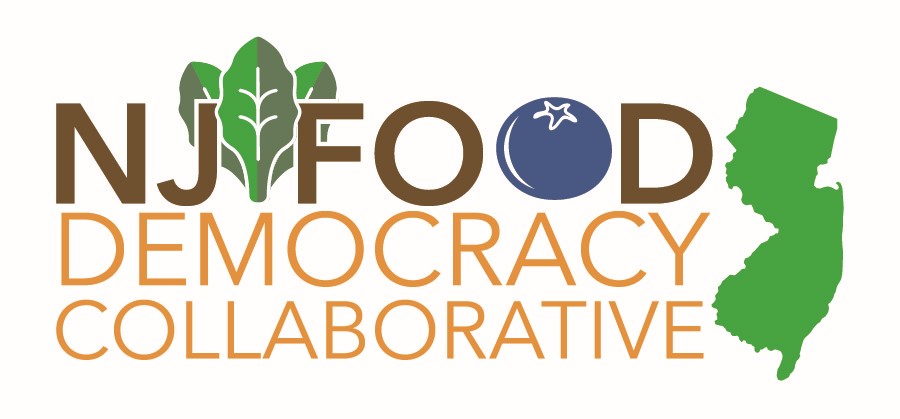


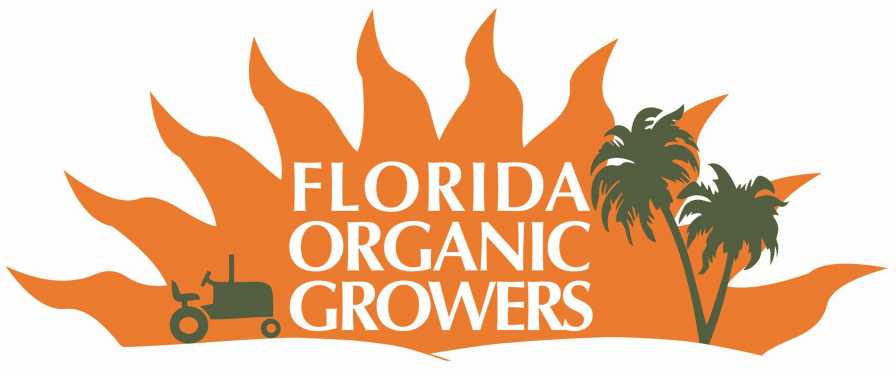

SPONSORS:
